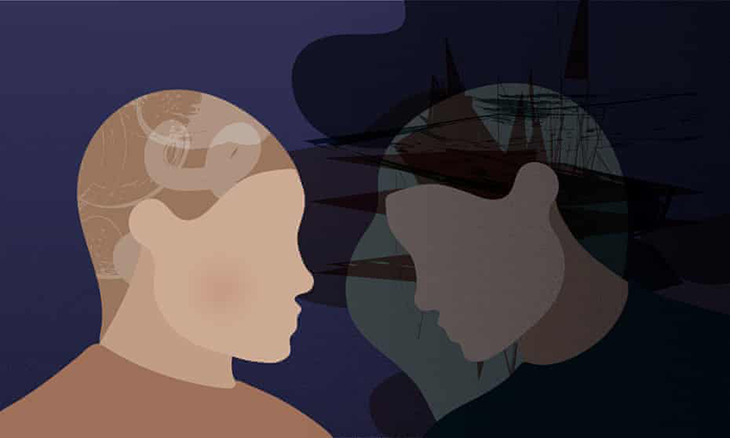
Borderline personality disorder is a mental health condition that affects how you think and feel about yourself and others, making it difficult to function in daily life. It’s a disorder in which people have trouble controlling their emotions. This indicates that persons with BPD have a harder time returning to a stable baseline following an emotionally provoking incident since they feel emotions deeply and for long periods of time.
This problem can lead to impulsivity, low self-esteem, tumultuous relationships, and strong emotional reactions to stimuli. Self-harm and other harmful habits might stem from a lack of self-control (e.g. cutting). BPD affects about 1.4 percent of the adult population in the United States. Women account for over 75% of those diagnosed with BPD. Men may be as impacted by BPD, according to new research, but are frequently misdiagnosed with PTSD or depression.
Read on to find out if what you’re going through might point to something deeper, like borderline personality disorder.
1. Fear of Abandonment
The fear of abandonment is a complicated phenomena that can result from a range of developmental events, such as loss or trauma .Interruptions in the natural development of specific cognitive and emotional skills, issues with previous relationships, and other negative social and life situations are all theories for why people dread abandonment.
People who suffer from borderline personality disorder are terrified of being abandoned. Even in the midst of an intense relationship, they fight for social acceptability, are scared of rejection, and frequently feel lonely. As a result, they have a harder time dealing with the regular ups and downs of a love relationship. It’s possible that impulsive, self-destructive activity is an attempt to alleviate mounting anxiety caused by the fear of being alone.
The desire that a connection will be fully calming is the polar opposite of dread. People who suffer from this illness may romanticize a family member, romantic partner, or friend, only to become outraged when they are disappointed. They may blame that person for the anguish they are experiencing and hence devalue the relationship.



